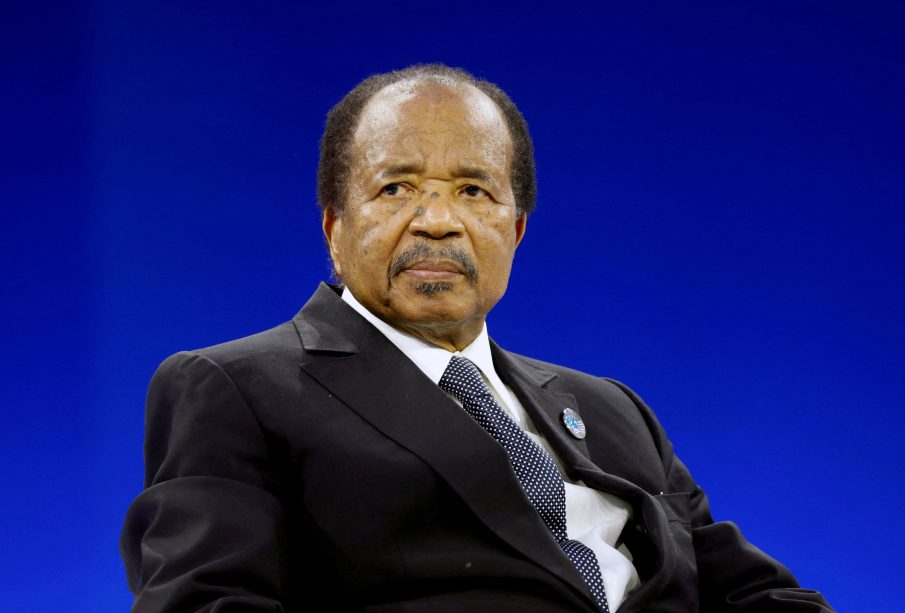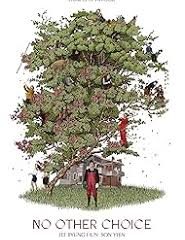Exploring the Richness of Cameroon

Introduction
Cameroon, often referred to as ‘Africa in miniature’, is known for its remarkable cultural diversity, geographical features, and rich history. As one of the central African nations, Cameroon is strategically positioned and serves as a crucial hub for trade and cultural exchange in the region. Understanding Cameroon’s dynamic landscape is essential not only for appreciating its heritage but also for recognizing its ongoing developments in the context of regional stability and economic growth.
Current Events and Developments
In recent months, Cameroon has faced a series of challenges that have attracted international attention, particularly regarding its ongoing political tensions. The Anglophone crisis, which began in 2016, continues to pose significant challenges as Anglophone regions demand greater autonomy due to perceived marginalization by the Francophone government. This situation has led to violent clashes and a humanitarian crisis, leading many to seek refuge in neighbouring countries.
Additionally, Cameroon is making strides in addressing its economy, which is heavily reliant on agriculture and oil exports. The government has initiated several reforms aimed at improving business conditions and attracting foreign investments. Recent reports indicate an increase in foreign direct investments, particularly in the telecommunications and energy sectors, which could lead to economic upliftment if managed effectively.
Cultural Heritage and Tourism
Despite these challenges, Cameroon remains a treasure trove of cultural heritage and natural beauty. The country is home to over 250 ethnic groups, each with its own distinct traditions, languages, and practices. Major cities like Yaoundé and Douala showcase urbanisation with vibrant local markets, traditional music, and culinary diversity.
Moreover, Cameroon boasts breathtaking landscapes ranging from mountains, deserts, and rainforests to beaches along its coastline. National parks such as Waza and Mt. Cameroon draw tourists seeking adventure and wildlife experiences, enhancing the country’s reputation as an emerging destination for eco-tourism.
Conclusion
As Cameroon navigates its complex political landscape and strives to bolster its economy, the importance of fostering unity and resilience among its diverse populations remains paramount. The nation’s rich cultural heritage and stunning biodiversity present opportunities for tourism and investment, which can be vital for long-term stability. Observers remain hopeful that with continued dialogue and reforms, Cameroon can thrive as an enduring symbol of African diversity and resilience.









